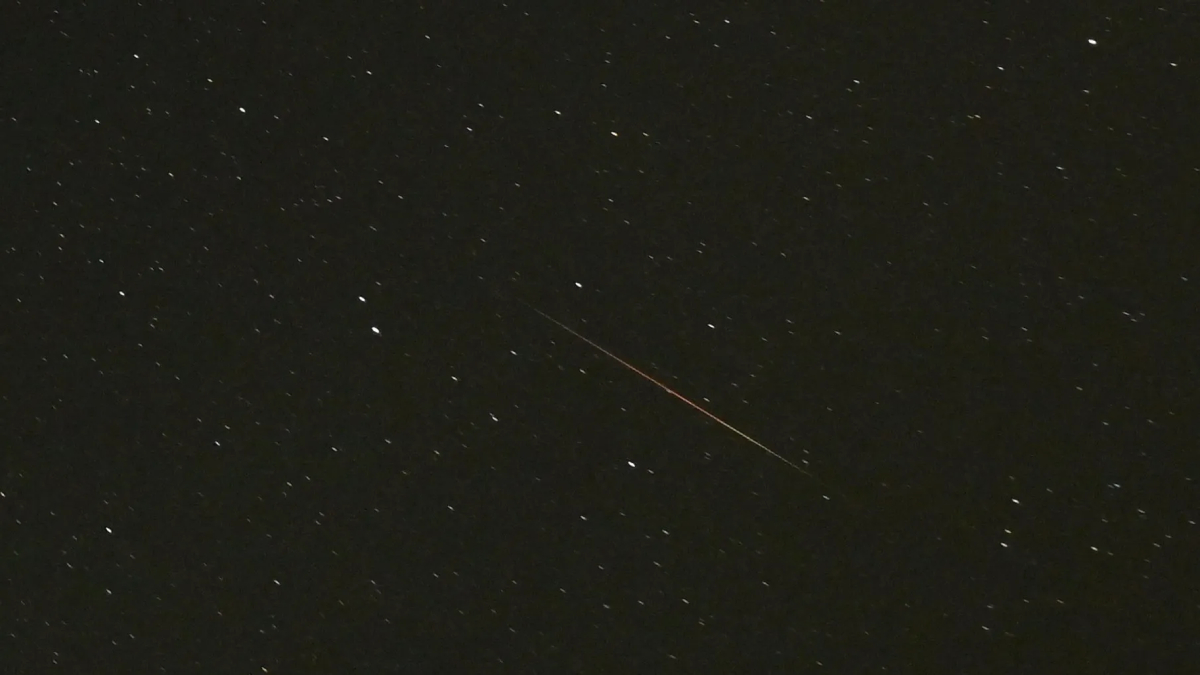Skygazers are in for a celestial event this Friday as the Arietids meteor shower, a daytime phenomenon, is set to reach its peak. Unlike typical meteor showers, the Arietids peak during daylight hours, making most of the meteors difficult to observe.
“It’s one of the strongest meteor showers but a daytime one, peaking around June 7. This means the bright sunlight makes viewing most meteors difficult,” said Sarath Raj, Project Director at Amity Dubai Satellite Ground Station and AmiSat, Amity University Dubai, in a Khaleej Times report. He added, “The Arietids shower originates from a point in the constellation Aries, but because it’s a daytime shower, the radiant sits very close to the sun in the sky.”
Raj explained that the Arietids could achieve a Zenithal Hourly Rate (ZHR) of 60-200 meteors per hour at its peak. However, due to the daylight, observing these meteors is challenging. “The dust particles responsible for the Arietids shower are believed to be from Comet 96P/Machholz. As the comet orbits the sun, it leaves behind a trail of dust. When the Earth passes through this trail, the dust particles collide with our atmosphere and burn up, creating the meteors we see as the shower,” he added.
Raj also noted that Arietid meteors enter Earth’s atmosphere at around 21km per second, slower compared to the average speed of 59km per second for most meteor showers. He highlighted the variability of the shower’s intensity, attributing it to the clumpy nature of the dust stream.
Experts suggest a slim chance of spotting some meteors this week during the final dark hour before dawn. “Unfortunately, catching the Arietids shower in Dubai will be challenging due to its daytime peak. However, there’s a slight chance of spotting some meteors around dawn 3am on June 7, if we have a clear eastern sky with minimal light pollution,” experts emphasized.
For those who missed the planetary parade on June 3, there is another opportunity next month. Six planets – Mercury, Mars, Jupiter, Saturn, Uranus, and Neptune – are set to align again on August 28. Shiras Ahmad Awan, General Manager of Dubai Astronomy Group, mentioned, “Throughout June, these planets will be visible. However, the best chance of seeing these planets in the pre-dawn sky is roughly an hour before sunrise at around 4.30am.”






